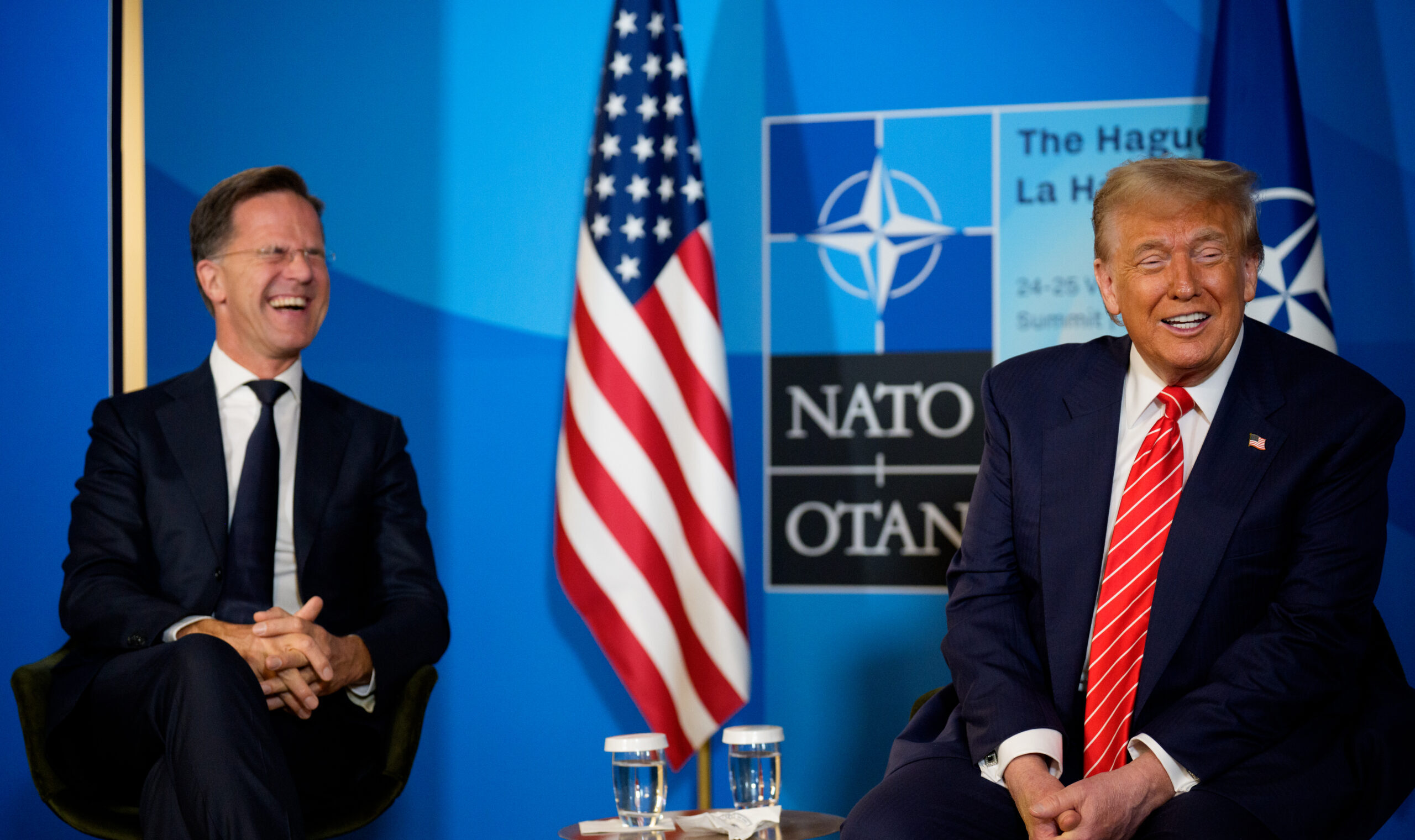Revisiting the “Chicken Kiev” Speech
Noah Millman continues the discussion on separatism:
And editorialists were far from unified in their support for Slovenian and Croatian independence. On the one hand, these regions were breaking away from a state increasingly dominated by an oppressive Serbian nationalism. On the other hand, they were identified as the oppressors in World War II, and they were still relatively well-off compared with the Serbs they sought to separate from. Support for the breakup of Yugoslavia only really hardened in the West when the Bosnian civil war got going.
There wasn’t immediately unified Western media and government support for the independence of breakaway republics in the 1990s, but there was enough support and official recognition for the new states that conflicts that had been internal to one state became international conflicts very quickly. I would say that Western support for the breakup of Yugoslavia was well-advanced before the war started in Bosnia, and the quick recognition of Slovenia and Croatia received created an incentive for additional separatism. Once the war in Bosnia started, there was an impulse to sympathize with some of the belligerents against others, and that developed quickly into an impulse to intervene in the conflicts.
As I remember it, the early ’90s were a time when there was was an inordinate amount of Western faith in the desirability of self-determination almost everywhere that it could be applied. Mindful of what could be unleashed, realists tended to be much less enthusiastic and much less inclined to cheer on this process. Consider the negative reaction from pundits and journalists to Bush’s supposedly terrible “Chicken Kiev” speech, which was a remarkably balanced argument in favor of lawful, representative self-government and principled U.S. engagement with what were soon-to-be ex-Soviet republics.
Almost twenty years later, this speech was still widely treated as a chief example of what was wrong with the elder Bush’s foreign policy, which tells us how little many Americans learned from the last two decades and how under-appreciated Bush’s cautious handling of the break-up of the Soviet Union still is. The speech was arguably one of the more coherent and sensible political arguments that he ever made while in office, but because it was perceived as discouraging national independence movements it became a frequent subject of derision. Discouraging independence movements wasn’t the point of the speech at all. It was a statement of how the U.S. would relate to the various republics and the principles that would guide its conduct. For instance, Bush said:
Yet freedom is not the same as independence. Americans will not support those who seek independence in order to replace a far-off tyranny with a local despotism. They will not aid those who promote a suicidal nationalism based upon ethnic hatred.
One could fairly point out that the U.S. hasn’t consistently done this in the former Soviet Union or elsewhere in the decades since Bush delivered the speech, but the principles are sound. Most of the ex-Soviet republics would likely be better off now if they had been followed more often. What’s striking about the antagonism to peaceful European independence movements reflected in that Post editorial is that these movements are among the least likely to establish local despotism or promote “suicidal nationalism,” but they are most likely to alarm a certain sort of American internationalist.
